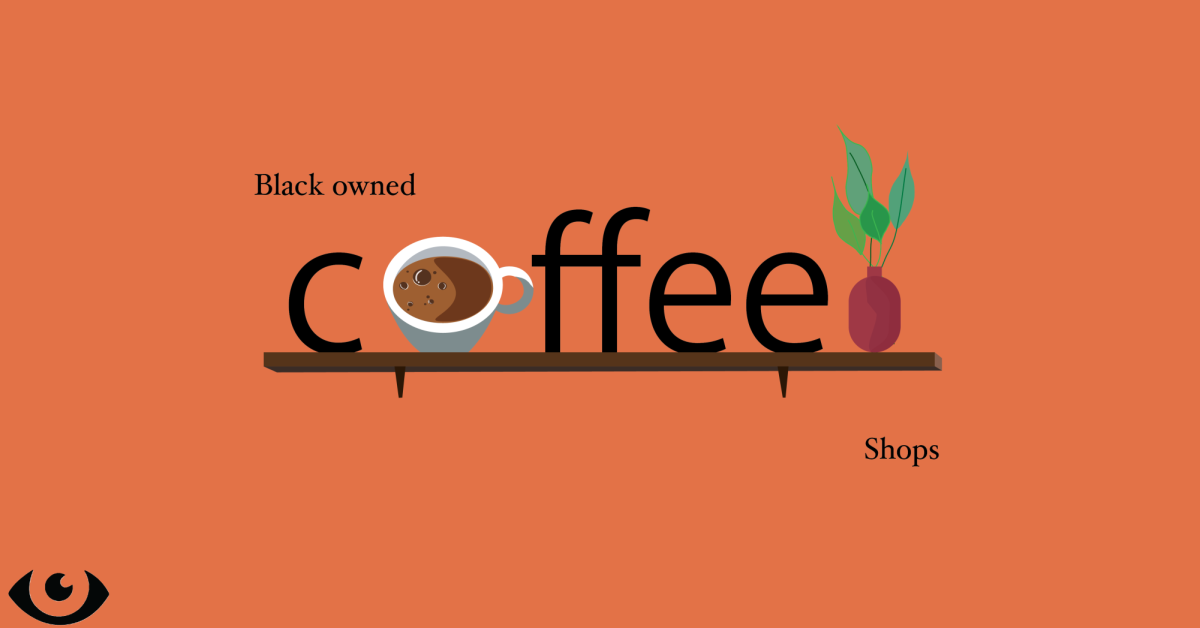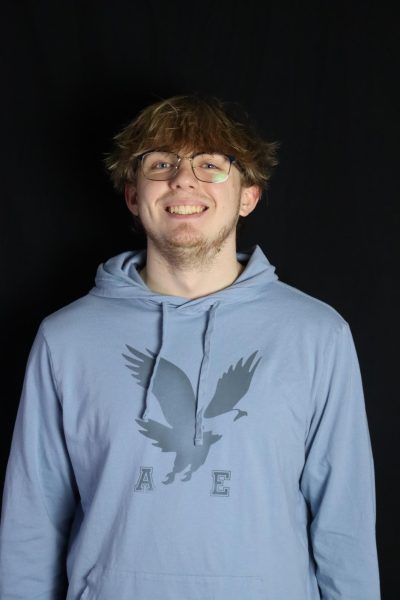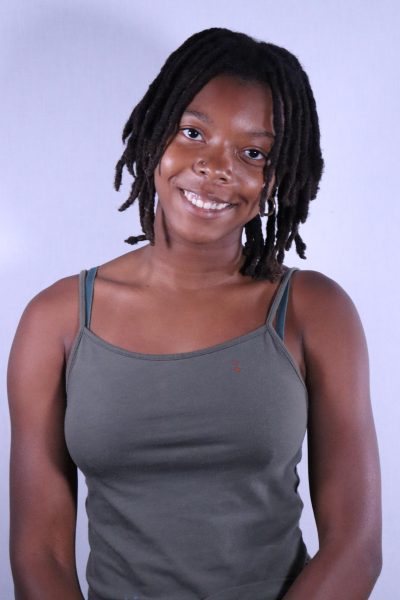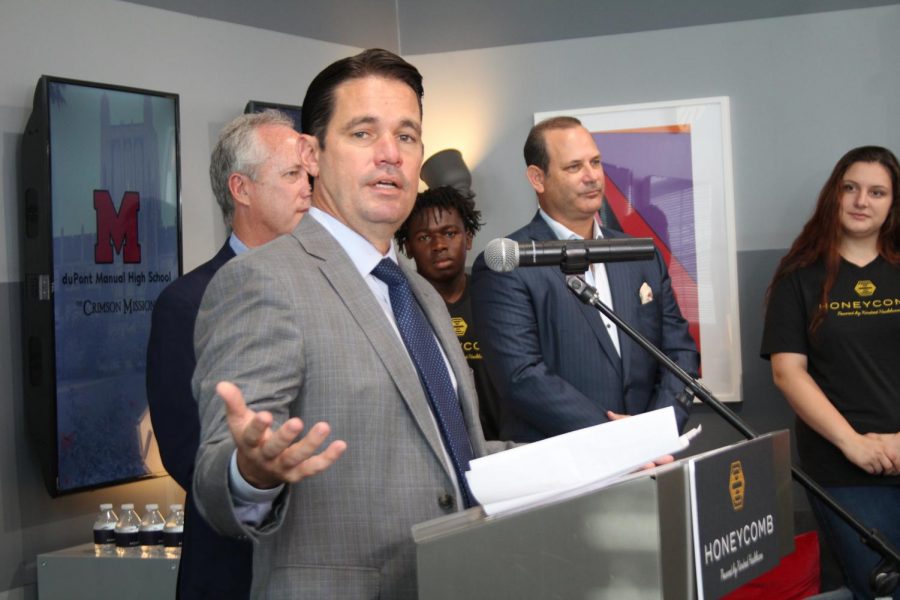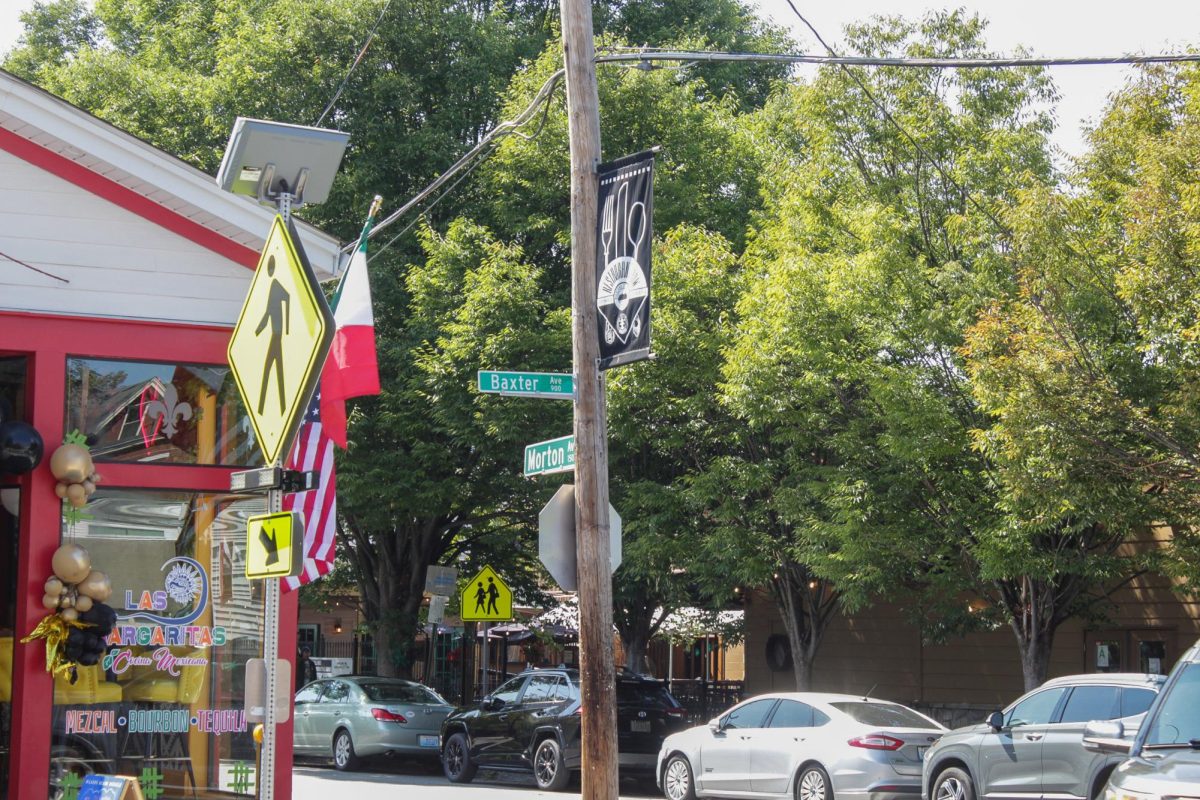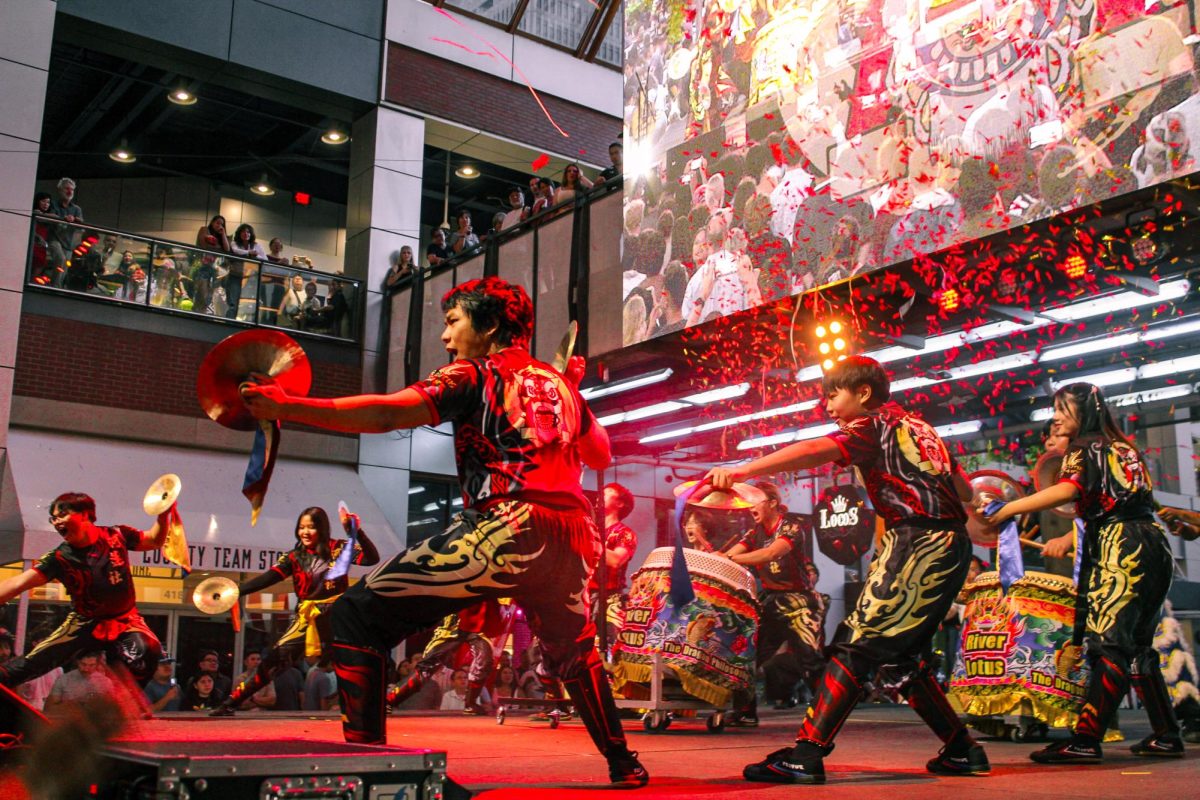In the 1950s, Louisville’s Russell neighborhood had a thriving African American community comparable to Harlem. Nightclubs, theaters and restaurants flourished along Muhammed Ali Boulevard, then known as Walnut Street.
Walnut Street was a testament to the success of Louisville’s Black communities despite the deeply segregated United States. In a city that had forced them to the outskirts, the African Americans of Walnut Street turned the area into the heart of Black life in Louisville. But before they knew it, the city destroyed the thriving community that had developed in Russell.
Under the guise of “Urban Renewal,” the neighborhood was torn apart. The businesses that made Louisville’s Harlem what it was were forced to shut their doors, and public housing projects took their place. Many of the spots where the businesses of Walnut Street once bustled became empty fields surrounded by chain-link fences and “no trespassing” signs. By the 1960s, Russell was unrecognizable.
The neighborhood lost nearly all forms of commercial presence. Unfinished buildings and low-quality housing lined the streets, and to many business owners, that was unappealing, leading them to avoid the area. This left the people of Russell with next to no space for the community to develop. By removing the businesses that amplified the presence of African American culture, Louisville had suppressed what made Russell so special.
Research has shown that neighborhoods with vacant lots and underdeveloped community spaces lead its inhabitants to experience greater rates of depression. In addition, communities with worse mental health statistics tend to have higher rates of crime. This trend can also be seen in the Russell neighborhood. Today, Russell is often considered among the most dangerous parts of the city.
In addition, the neighborhood’s poverty rates are three and a half times that of the rest of the city. This is likely influenced by the absence of a commercial presence. Businesses create jobs for the surrounding community, and Russell’s inability to bring in business has made it far more difficult for its citizens to access jobs. The poverty of the area’s citizens dissuades businesses from entering, which further amplifies the area’s poverty, creating a cyclical poverty problem.
The story of Russell is one echoed by many other communities in Louisville’s West End, in stark contrast to the state of many East End neighborhoods. In the East End, empty spaces and unoccupied buildings are rare to find – so rare that much of this side of the city’s development depends upon clearing land on the outskirts. For example, the popularity of Norton Commons on Brownsboro Road has forced it to begin closing the gaps between itself and Prospect, extending out into previously empty plots of land.
The commercial success of the East End has afforded its residents countless opportunities to build communities. Bars and restaurants thrive in areas like Norton Commons and St. Matthews, gyms and parks can be found near any neighborhood, and coffee shops can be found around every corner.
It’s easy for residents to take something like a coffee shop for granted. Whether it be people looking for their “morning pick-me-up,” remote workers hoping to get out of the house or new couples on first dates, coffee shops are a home for all. For those in the East End, there are numerous options to choose from. With many Starbucks, Heine Brothers’ and Quills spread around the city, it’s rare for a resident to find themselves more than five minutes away from a coffee shop. Unfortunately, this isn’t the case in the West End.
There are 41 Starbucks locations in Louisville. 15 Heine Brothers. Seven Quills.
Not one of them has a single location in the West End, leaving people living in neighborhoods like Russell with nowhere to go.
The dangers of this came to the spotlight in 2020. When COVID first swept over the United States, Louisville experienced a surge in violent crime, and much of this crime was concentrated in the Western side of the city. This ties into the absence of community-focused buildings.
“I would go out and wonder, ‘how come there isn’t a place past 9th street where I can go sit and have internet or a meeting?’” Blak Koffee owner Ronyale Smith said.
“How come there isn’t a safe place West of Ninth Street where I can just sit and be safe?”
In the absence of regular communities found at schools and jobs, West End residents were left with nothing, which in turn contributed to elevated crime rates.
“You go out on Shelbyville Road and there’s a Starbucks or a Heine Brothers or a Scooters on every corner. You don’t have that here. There’s nothing like that out here,” Smith said. Working in Real Estate at the time, Smith frequently found herself in need of a safe space to work, but there was nowhere to go. Unlike the East End, Russell didn’t have coffee shops lining every block. Eventually, Smith decided she would take matters into her own hands.
“I was working with the owner of some property that they really wanted to get one of these big-name coffee shops to move into, but none of them would do it. But it was something that we needed. And eventually, God began to give me the concept of Blak Koffee,” Smith said. Smith knew that the people of Russell needed a community space, and a coffee shop seemed like the perfect thing. In 2022, she began work on Blak Koffee.
“I wasn’t into culinary arts. I wasn’t a barista or a chef or any of those things,” Smith said. One might think she is underqualified to start a coffee shop, but in reality, her drive highlights the beauty of Blak Koffee.
“It’s always been more than just coffee. It’s about community,” she said.
In April 2023, Blak Koffee opened its doors, becoming one of the first coffee shops to open West of 9th Street, simultaneously acting as one of the first community spaces to open in Russell since it was known as Louisville’s Harlem. Russell’s rich history has played an important role in the development of Blak Koffee.
“I really wanted to have a space that honored the historic Russell neighborhood,” Smith said. This can be seen in the numerous photographs of Russell Residents on the wall, the collection of books that highlight the community’s story, and the distinct “retro” vibe of the shop. But Smith doesn’t just intend on honoring the neighborhood through Blak Koffee, she wants to restore it.
During Black History Month, black businesses had the opportunity to come in every Tuesday and Thursday and share their businesses.
“We have all kinds of professionals, artists, and entrepreneurs coming in all the time,” Smith said. She hopes that through her shop, other black business owners can have some form of support she didn’t. There wasn’t anywhere in Russell for Smith to show off her business and start building connections, and she hopes that Blak Koffee can provide future entrepreneurs with those resources.
By highlighting other black-owned businesses, Smith hopes to prove to other businesses out there that there is potential for a thriving economy in the West End just as there was sixty years ago in Louisville’s Harlem.
Oftentimes, companies’ slogans feel like a cheap one-liner to just slap on advertisements, but Smith has taken a different approach to Blak Koffee’s. The shop’s slogan, “Where coffee, culture, and business meet,” is an insight into how Smith is striving to honor Louisville’s very own Harlem. Through coffee, she has created a community space that residents have long lacked. Through deep connections to black culture, the shop remains rooted in the same culture that first built up Louisville’s Harlem. And through uplifting black businesses, Smith aims to restore Walnut Street to the bustling business center it was in the 60s.
Coffee shops are bigger than coffee, and Blak Koffee is a testament to the important role that coffee shops play in nurturing communities.



